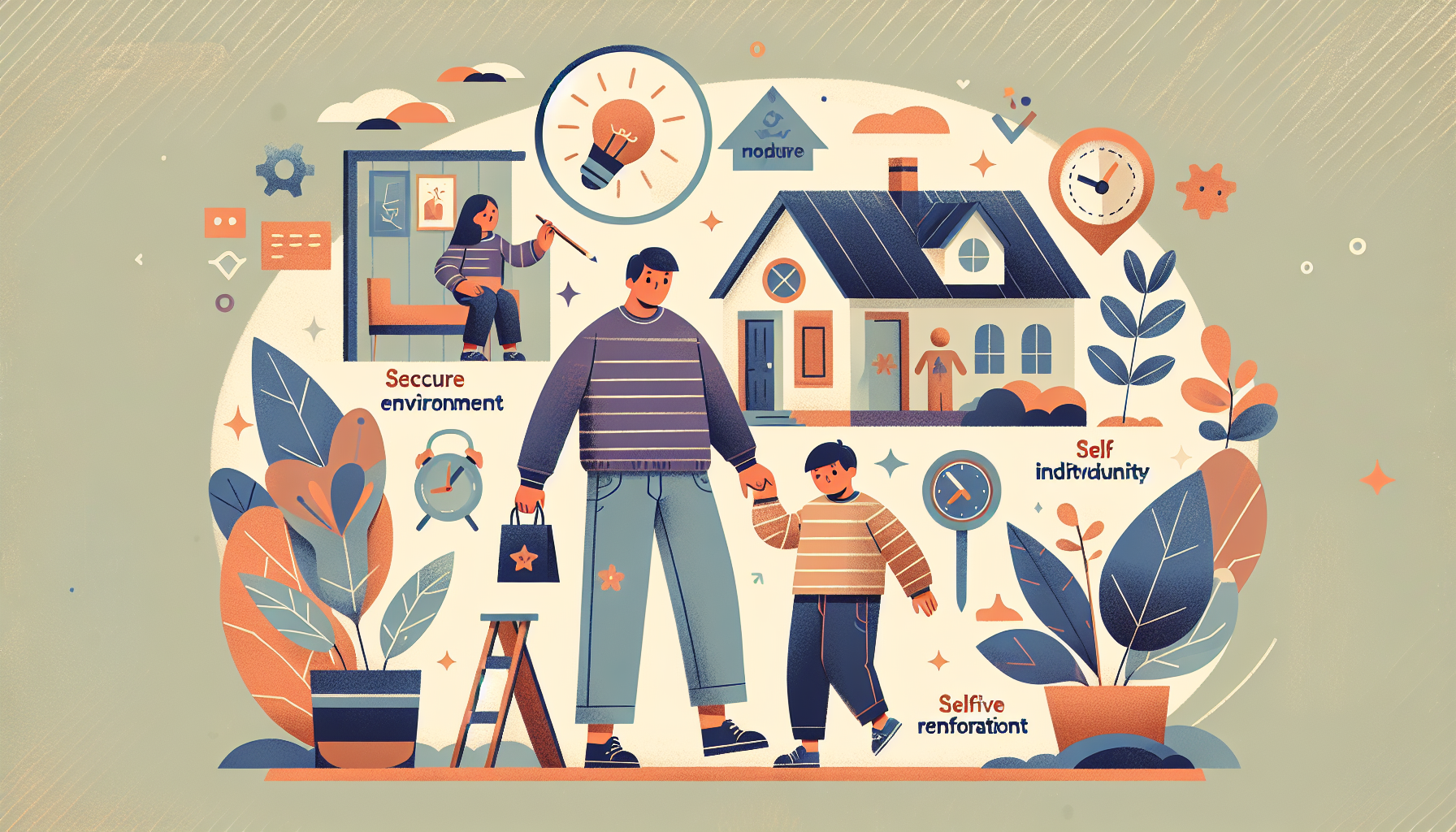How to Talk to Your Child About Drugs
As a parent, one of the most challenging conversations you may face is talking about drugs with your child. Addressing substance abuse prevention is crucial, as it can significantly impact a child’s safety, well-being, and future. In today’s world, where children are exposed to various influences, having open and honest discussions about drugs is more important than ever. This article aims to equip you with the knowledge and skills to effectively communicate with your child about drugs.
Main Points
When talking about drugs with children, it’s essential to understand the psychological needs that underpin effective communication. Children need a sense of safety, autonomy, and self-expression. By acknowledging these needs, parents can foster a supportive environment where children feel comfortable discussing sensitive topics.
1. The Importance of Early Conversations
Research indicates that children who have conversations about drugs with their parents are less likely to engage in substance abuse. According to a study by the National Institute on Drug Abuse, early intervention can significantly reduce the likelihood of drug use in adolescence. Initiating these discussions at a young age helps children understand the risks and consequences associated with drugs.
2. Use Cognitive-Behavioral Techniques
Cognitive-behavioral therapy (CBT) principles can be useful when discussing drugs. Encourage your child to think critically about the choices they make, and help them understand how their thoughts, feelings, and behaviors are interconnected. This approach empowers children to make informed decisions and resist peer pressure.
3. Addressing Psychological Needs
Ensure that your child feels safe and respected during these conversations. Allow them to express themselves freely, and validate their feelings and concerns. Providing a sense of autonomy is crucial; involve them in discussions about setting boundaries and making healthy choices.
Practical Recommendations
- Start Early: Begin conversations about drugs when your child is young. Use age-appropriate language and concepts to gradually build their understanding.
- Be a Role Model: Demonstrate healthy behaviors and attitudes regarding drugs and alcohol. Children often emulate their parents’ actions.
- Keep the Dialogue Open: Encourage ongoing conversations rather than a one-time discussion. Regularly check in with your child and be available to talk whenever they have questions or concerns.
- Educate Yourself: Stay informed about the different types of drugs and their effects. This knowledge will help you provide accurate information to your child.
- Use Real-Life Examples: Discuss news stories or situations in your community related to drug use to illustrate the real-world consequences.
Conclusion
Talking about drugs with children can be daunting, but by approaching the conversation with empathy and understanding, parents can play a pivotal role in substance abuse prevention. By addressing children’s psychological needs and employing effective communication strategies, you can foster a trusting relationship and guide your child towards making safe and healthy choices. Remember, the effort you invest in these discussions today can have a lasting impact on your child’s future.
For more parenting tips and resources on how to talk to your child about drugs, visit Child Mind.

